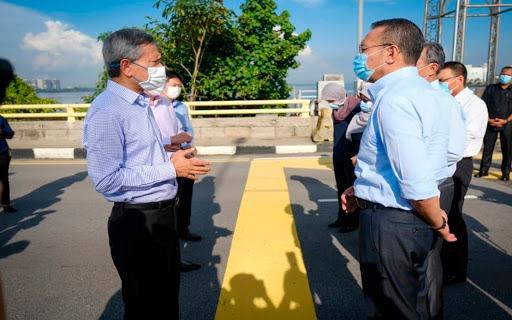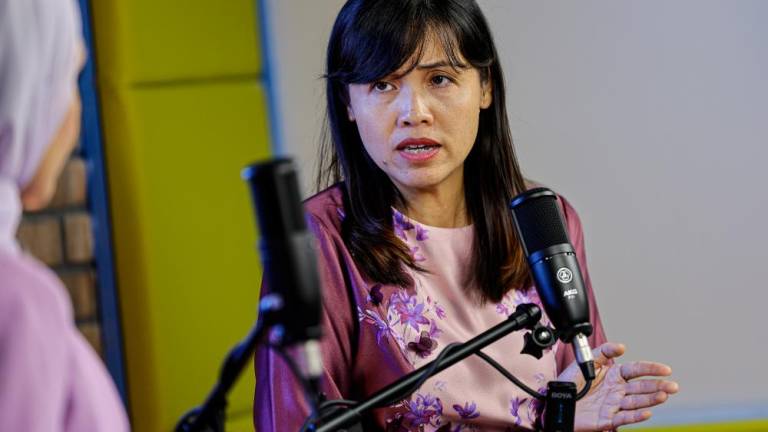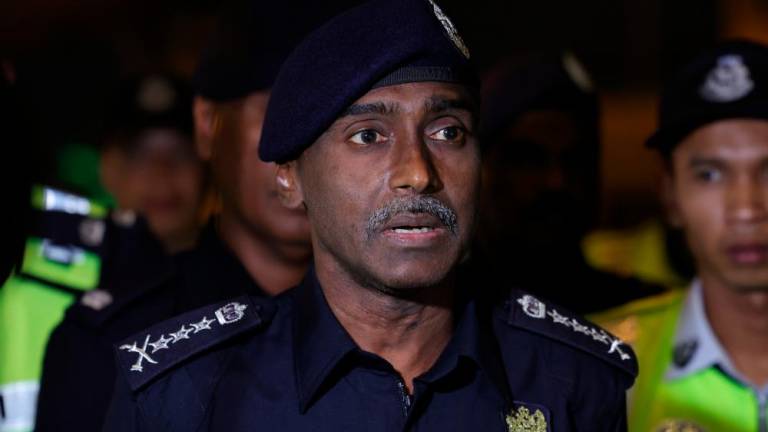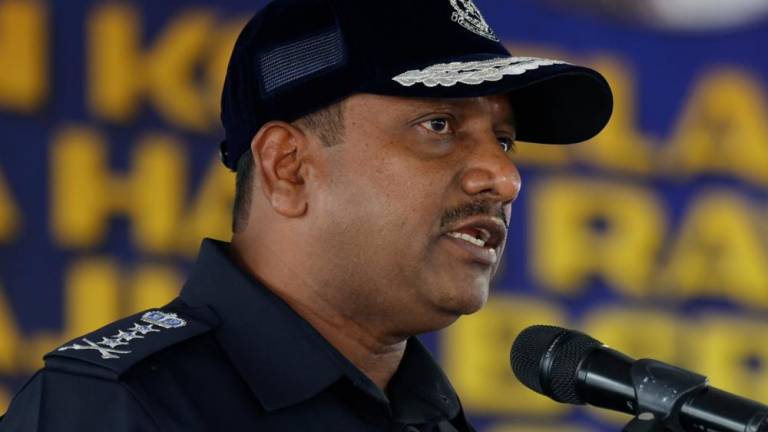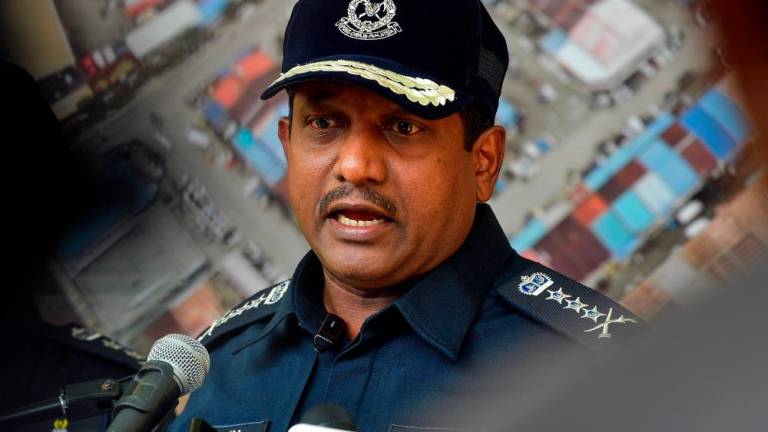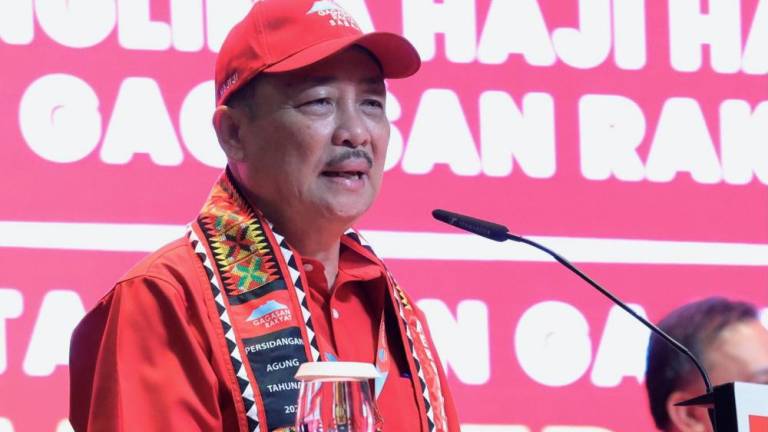JOHOR BAHRU: Malaysia and Singapore today agreed to proceed with the Rapid Transit System (RTS), with leaders of the two countries meeting at the midpoint of the Johor Causeway as a sign of the agreement.
Malaysian Prime Minister Tan Sri Muhyiddin Yassin and his Singaporean counterpart Lee Hsien Loong, accompanied by several ministers from their respective countries, arrived at the world’s busiest land border crossing at about 10 am.
At the historic meeting, the two prime ministers witnessed their transport ministers Datuk Seri Dr Wee Ka Siong of Malaysia and Singapore’s Ong Ye Kung hold official documents to signify their agreement to proceed with the RTS project.
Also present were Malaysian Senior Minister Datuk Seri Mohamed Azmin Ali, who is also International Trade and Industry Minister, Foreign Minister Datuk Seri Hishammuddin Tun Hussein and Johor Menteri Besar Datuk Hasni Mohammad.
Singapore was also represented by Foreign Minister Dr Vivian Balakrishnan and former transport minister Khaw Boon Wan.
Muhyiddin and Lee spoke to each other at the 15-minute meeting, regarded as historic and symbolic as it is their first meeting on the Johor Causeway, which was used by 350,000 travellers daily before the Movement Control Order (MCO) was enforced on March 18.
It is also their first face-to-face meeting since Muhyiddin was appointed as the 8th prime minister on March 1, while Lee himself was just sworn in for another term as prime minister on July 27, following the victory of his party, People’s Action Party (PAP), in the recent general election.
After three postponements, Malaysia and Singapore have finally agreed to proceed with the RTS construction.
RTS, a four-kilometre rail line connecting Bukit Chagar in Johor Bahru and Woodlands in Singapore, will help reduce congestion on the Johor Causeway.
The RTS project has gone through a series of discussions under three Malaysian prime ministers and is expected to cost about RM3.7 billion, with the specifications having been agreed upon by Malaysia and Singapore.
The two-phase project is expected to begin in 2021 and be completed by the end of 2026. -Bernama



